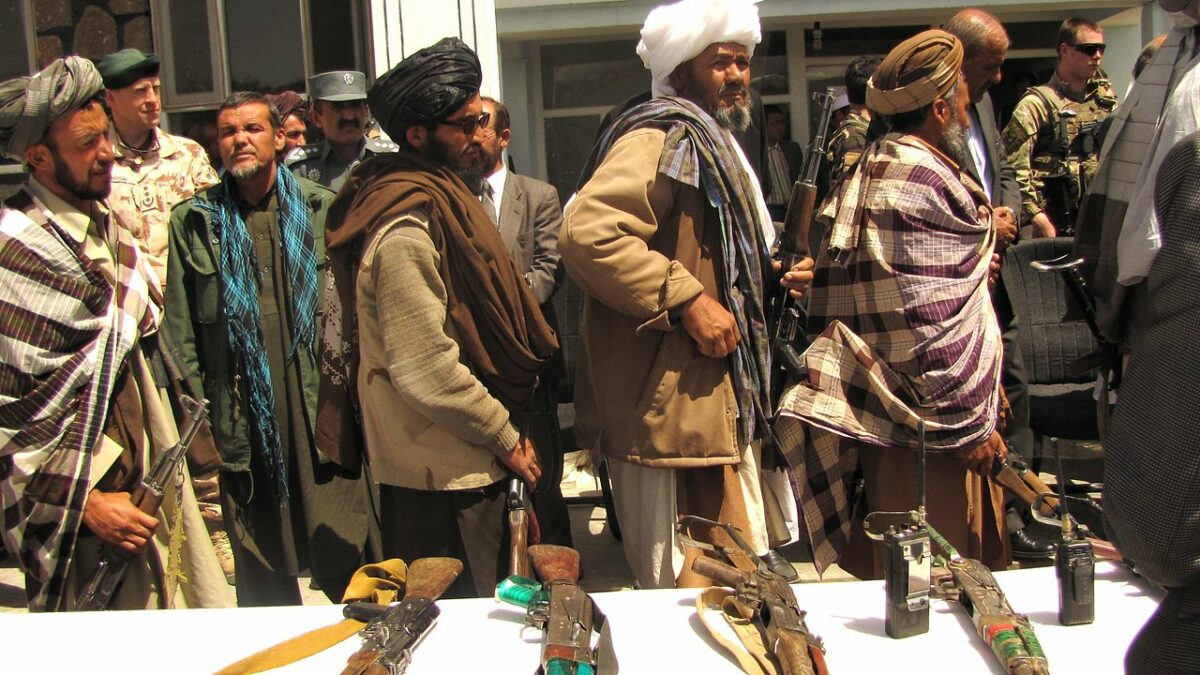The Great Wall of China is one of the most iconic man-made structures to date. Prior to the outbreak of the global pandemic, this 21,196-km structure attracted millions of visitors from around the globe. It was first constructed to protect Chinese territory against nomadic tribes, while serving as a customs depot along the Silk Road. Over the years there have been various attempts at such wall construction – one need only consider Trump’s wall intended to keep illegal migrants out. It is understandable that states need to protect their territory and citizens, however there is an international legal regime signed by state parties – the 1951 UN Convention – which compels states to respect the rights of genuine refugees and asylum-seekers. The perennial issue, however, is how to balance your obligations to your citizens, while being a globally responsible citizen given the fact that insecurity anywhere threatens security everywhere.
Over the past few weeks, media houses have published numerous articles on European wall construction in fear of another refugee crisis following the Taliban’s takeover of Afghanistan. Many states sought to implement preventative measures, particularly those who have absorbed large numbers of Syrian and Iraqi refugees as these countries experienced serious problems including violence. Reeling from the immigration crisis, Greece announced the completion of its 40-km wall along its border with Turkey, along with the installation of its new surveillance system during the latter half of August 2021. Poland, Lithuania and Turkey itself followed suit after experiencing a sharp increase in their number of migrants. Poland’s wall also stems from its fear of an imminent implosion of Belarus. It is said to mirror that of Hungary on its border with Serbia. Lithuania is pushing to complete its wall on its border with Belarus.
Apart from the EU, other countries have also implemented migrant deterrence and containment measures. Iran, for example, has repeatedly closed border crossings, encouraging refugees to set up camps in their country but not allowing them to cross over, while Turkey has built a wall on its border with Iran. While countries like the United States, the United Kingdom and Australia -amongst others- are willing to accept Afghan migrants, others like Russia and Austria stated that they would not. Moscow has its own fears regarding its restive Muslim population whilst Vienna has already taken many Syrian refugees and believe that burden-sharing within the EU is patently unfair.
While some blame Western powers’ failed attempt at nation building ‘by the gun’ for the humanitarian crisis brushing against others’ borders, others blame the Americans’ haphazard withdrawal for the increased instability. Both these critiques offer no suggestion for a way forward. Some believe that the Taliban should be recognized as the official government of Afghanistan. Given the fact that ethnicity and religion has been at the forefront of conflict in the country, and given the Taliban’s history and beliefs, could the Taliban’s proposal for an inclusive caretaker government ever work? Would the Taliban abide by its unlikely promise to allow women to work? What precedent will their acceptance as the official government set for state legitimacy? Will they harbour other terrorist organizations?
The Taliban’s track record is nothing short of dismal. During its rule from 1996 to 2001 it enforced a strict and austere interpretation of Sunni Islam to re-establish order in the country. The Taliban, according to its recent statements, seem to have moderated its position, however other Islamists are lurking within this war-wracked country in the form of Islamic State-Khorasan – which was responsible for the recent horrific bombing of Kabul airport.
Pakistan, Saudi Arabia, and the United Arab Emirates were the only countries to recognize the Taliban as the new Afghan government. China announced that it would continue to play an active role in promoting peace and reconstruction in the country, while Russia has remained pragmatic, observing developments in the country. It has kept its diplomatic missions open but is in no hurry to recognize the Taliban as the new Afghan rulers. Nevertheless, it has softened it rhetoric, replacing the term “terrorist” with “radical” in its reports.
So, what is the solution to preventing hordes of hapless people knocking on Europe’s doors? Having failed to bomb the Taliban into oblivion and having failed at nation-building, there is a third, although unpalatable, solution. Perhaps a constructive and critical dialogue with the Taliban is needed to prevent more mass migration flows. The idea of the creation of safe zones as per the recent United Nations Security Council Resolution may be the way forward. Aid could potentially be unblocked to Taliban-ruled Afghanistan in exchange for the Taliban agreeing to such safe zones, and more aid could be channeled towards Afghanistan as the Taliban take steps to eradicate Islamic State–Khorasan and ultimately diplomatic recognition could be provided to them as they adopt a more inclusive government – one which respects the rights of women and ethnic and religious minorities. In the process, perhaps hapless Afghans would have an incentive to stay at home and be safe, rather than seeking refuge elsewhere.

